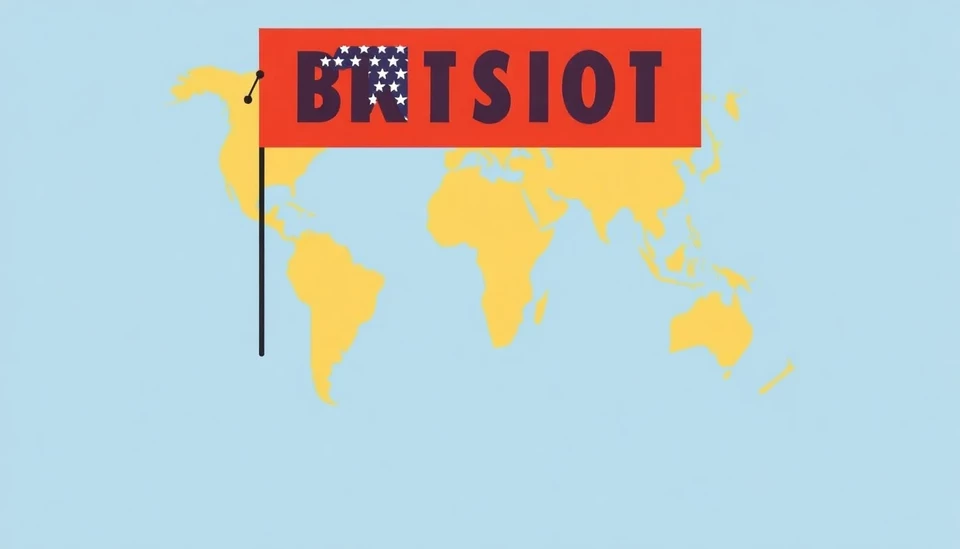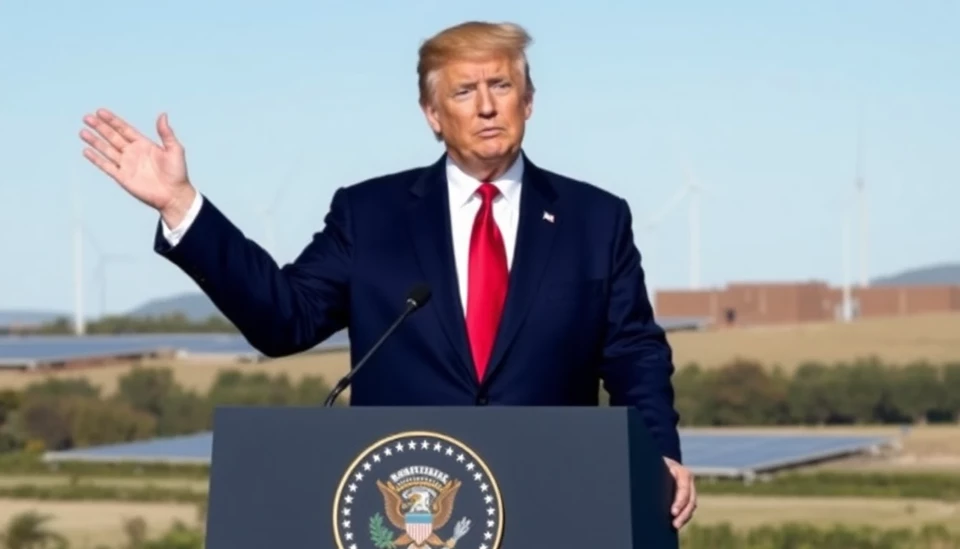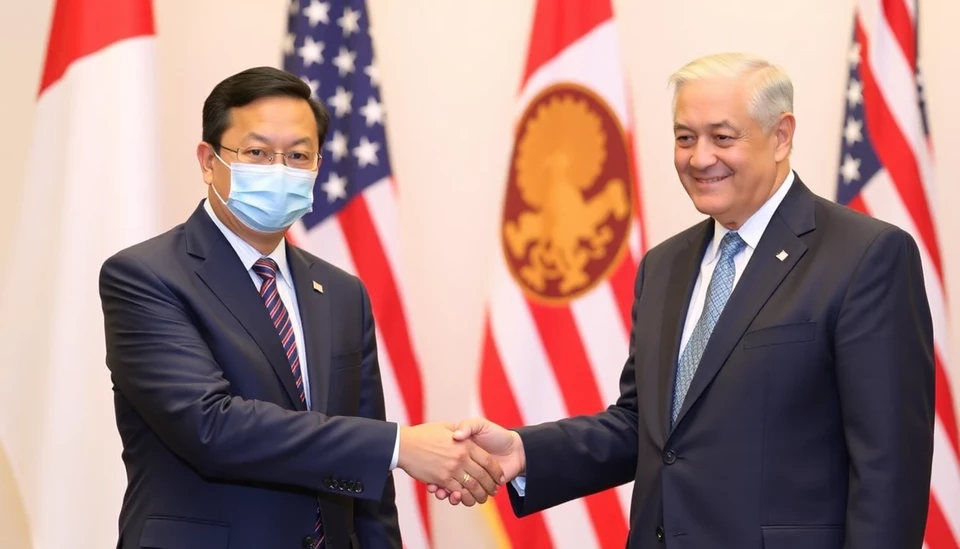
In a significant shift in the global economic landscape, recent analyses suggest that the increasing trend of protectionist trade policies is leading nations into a spiral of mounting debt and slower economic growth. A new report from Bloomberg Economics underscores the implications of heightened trade barriers on international monetary dynamics, particularly focusing on how they adversely affect both developed and emerging economies.
The findings indicate that as countries enact stricter trade measures, including tariffs and quotas, the unintended consequence is a rising debt profile. Governments that implement such measures often face backlash from importers and exporters alike, leading to economic discontent that may necessitate increased public spending to stimulate growth. This, in turn, contributes to higher national debt levels as fiscal policies are adjusted to counterbalance the trade disruptions.
Analysts predict that as trade fences rise, we can expect a persistent drag on economic expansion. The study highlights a troubling correlation: nations with higher trade barriers tend to experience slower GDP growth. This relationship suggests that isolationist policies might lead to short-term gains for specific industries but ultimately hinder broader economic progress.
Furthermore, the report notes that the implications extend beyond mere numbers; they fundamentally alter the global trade framework. As countries retreat from free trade agreements and strengthen their economic fortifications, the interconnected nature of the global market is jeopardized. This reversal raises significant concerns regarding overall economic stability and security, particularly in a world grappling with ongoing challenges related to inflation, supply chain disruptions, and geopolitical tensions.
The data analyzed in the report comes from various economic indices and trade relations, indicating that the current trajectory is unsustainable. Policy-makers are urged to reconsider their protectionist strategies to avoid falling into a cycle where high trade barriers lead to greater debt and sluggish economic performance. The report serves as a crucial reminder of the intricate balance required between protecting domestic markets and maintaining open trade channels to foster economic vitality.
As the world witnesses an increase in trade tensions, economists are sounding alarms about the urgent need for nations to recommit to collaborative trade practices. The future economic health of countries may very well depend on their ability to navigate these complexities without resorting to isolationism.
#TradeBarriers #EconomicGrowth #GlobalTrade #DebtCrisis #BloombergEconomics
Author: Laura Mitchell



